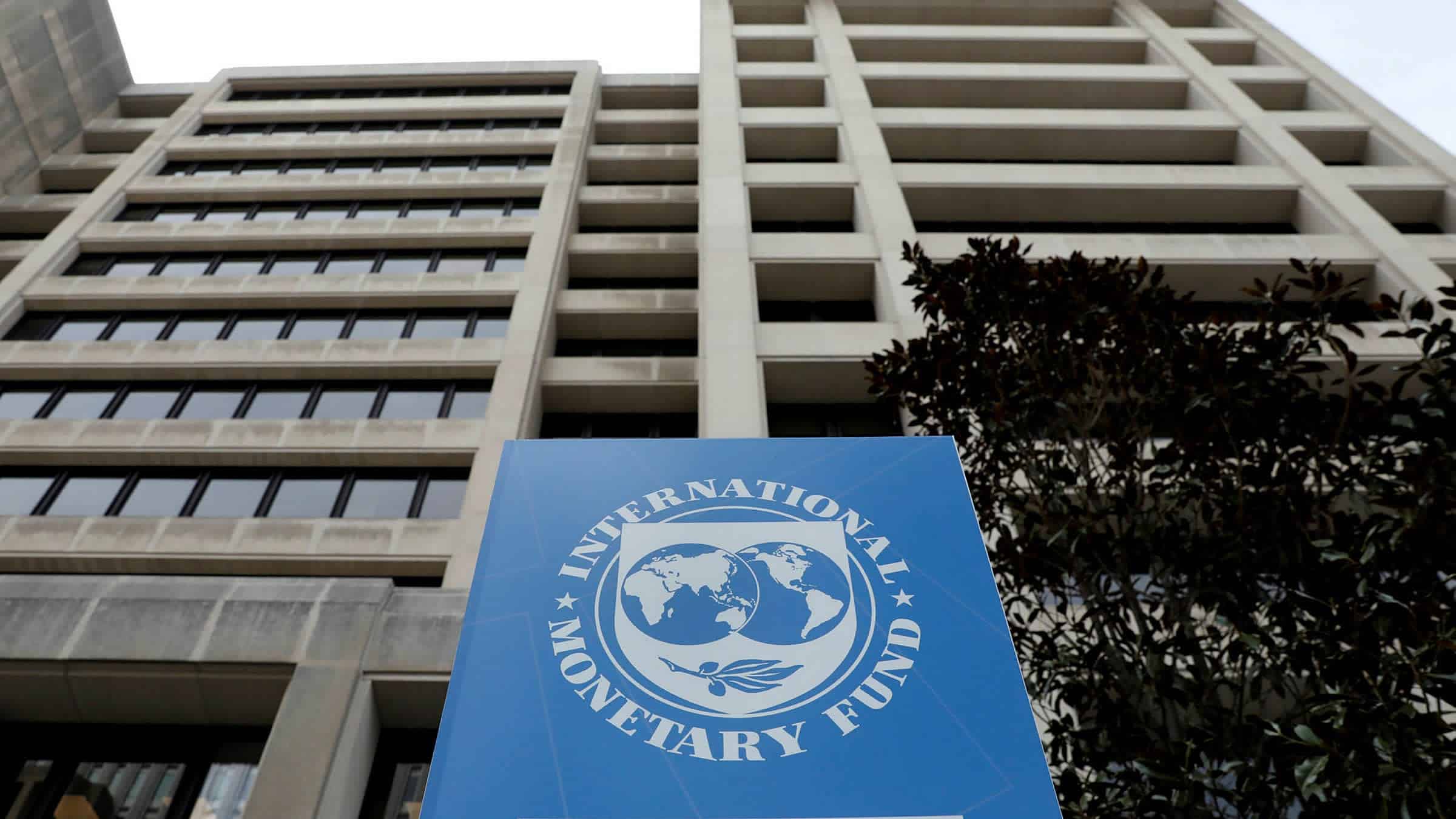Equity markets could tank in the coming months if the coronavirus crisis persists and the economic recovery takes longer than expected to materialize, the International Monetary Fund warned on Tuesday.
Stock markets have come off their September lows and are broadly higher year to date. The S&P 500 is up about 8% since the start of 2020 and the tech-heavy Nasdaq is more than 30% higher for the same period. This positive momentum in equities has contrasted with the severe economic shock caused by the coronavirus pandemic.
“A disconnect persists, for example, between financial markets — where there have been rising stock market valuations (despite the recent repricing) — and the weak economic activity and uncertain outlook,” Tobias Adrian, the IMF’s director of the monetary and capital markets department, wrote in a blog post Tuesday.
However, he warned that if the economic recovery was delayed, “investor optimism may wane.”
“As long as investors believe that markets will continue to benefit from policy support, asset valuations may stay elevated for some time. Nonetheless, and especially if the economic recovery is delayed, there is a risk of a sharp adjustment in asset prices or periodic bouts of volatility,” Adrian wrote.
He’s not the only one who’s monitoring the apparent disconnect between markets and the economy.
Financial analyst Gary Shilling, who has a track record of predicting recessions, warned in the summer of a 1930s-style decline for equities, as the recovery looks longer and more difficult than many investors originally predicted. Meanwhile, Bespoke Investment Group also warned of a “a classic sign of a coiling market.”
Speaking to CNBC’s Geoff Cutmore on Tuesday, Adrian said that the performance of financial markets in a year of a pandemic has been “really remarkable.”
“We do see stretched valuations in a number of assets, including in some segments of equities,” he said.
“In the face of the Covid pandemic, which has caused much economic damage, markets have recovered and that has helped economies to sustain growth and to come back, but going forward valuations could be fragile in the face of adverse news,” he pointed out.
One of the main drivers of 2020′s stock market optimism has been the vast amount of monetary stimulus injected into economies by central banks desperate to prevent a crash. However, the IMF thinks this approach needs to remain in place as the coronavirus health emergency shows few signs of slowing.
“For the moment the accommodative monetary policy is appropriate around the world. … However once the recovery takes place, and we are only expecting that to be in late 2021 or even in 2022, at that point monetary policy has to be looked at and vulnerabilities have to be contained,” Adrian told CNBC.
His comments come as the IMF revised its forecasts for the global economy slightly upward on Tuesday, after advanced economies performed above expectations in the second and third quarters. However, the fund also warned that the recovery would like be a long and uneven process.

